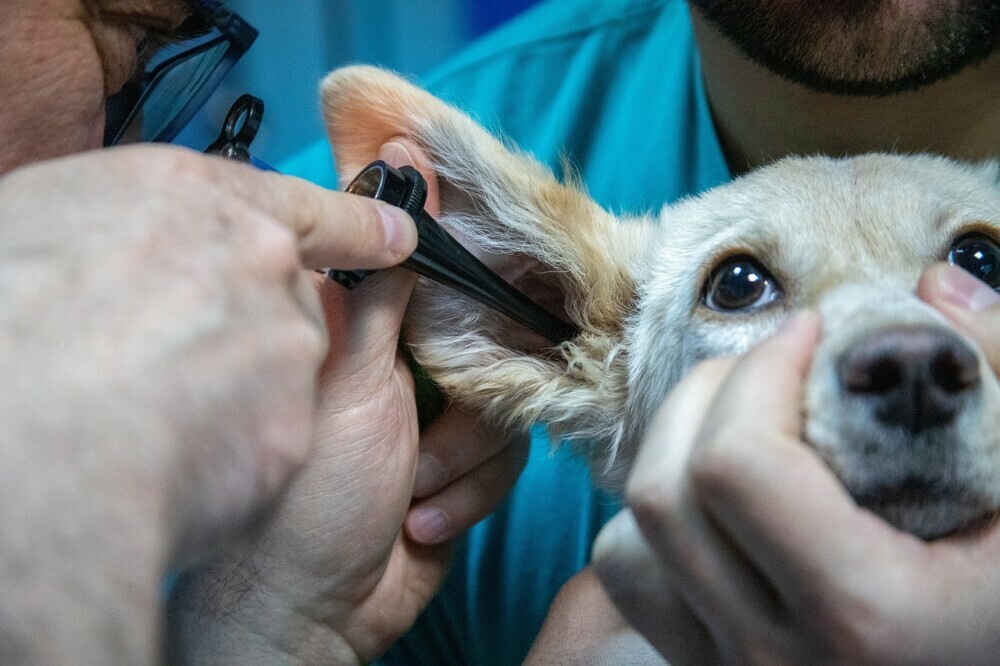How To Choose A Veterinarian
You’ve just adopted a new pet, or you’ve moved to a new location with your current pet. Along with all the other concerns that come along at this time is the need to find a trustworthy and reliable veterinarian. Just like choosing a doctor for your medical needs, it is just as crucial to choose the right veterinarian for your pet. Your pet’s health and happiness are at stake, and the vet you pick becomes a partner in ensuring their well-being.
A good way to start this process is to reflect on your pet’s specific needs. Does your pet have a medical condition that requires a specialist? How old is your pet? Young animals might need a vet who is great with preventive care, while older pets could require more attention for chronic conditions.
Put some time into researching potential vets. Look through their websites to get a feel for their services and philosophy. Read reviews with a discerning eye, remembering that everyone’s experience is unique. Referrals from trusted friends or family can also be incredibly valuable.
You will also want to think about the practicality of their location and office hours. Your vet should be someone you can reach without too much hassle — because in an emergency, every minute counts. Now that you’ve got a foundation on how to start looking, let’s move on to what you should be looking for.
Key Qualities to Look for in a Veterinarian
Choosing a veterinarian is akin to selecting a family doctor. It’s crucial for your peace of mind and your pet’s health. Here’s what you should watch for:
Relevant qualifications are non-negotiable. Ensure the vet has a Doctor of Veterinary Medicine (DVM) degree and is licensed to practice. Certifications from veterinary associations can also be a sign of excellence.
Seek a veterinarian who communicates clearly and compassionately. The ability to explain complex medical issues in understandable terms indicates a good vet-client relationship.
Visit the clinic. A well-maintained facility should be neat and organized, have up-to-date equipment, and a welcoming staff. A tour can reveal a lot about practice standards and the care they can provide.
Specialization and ongoing education matter. Your vet should be abreast of the latest advancements in veterinary medicine to ensure cutting-edge care for your pet.
You’ll need these insights as you start evaluating the vet you choose. Observing how they interact with your pet and respond to your concerns is key. Following are tips on how you can assess your vet’s performance and the quality of care they provide.
Evaluating Your Vet: Ensuring the Best Care for Your Pet
Once you’ve chosen a veterinarian, keeping a keen eye on the quality of care your pet receives is crucial. You’re not just paying for a service; you’re entrusting someone with the health and well-being of a family member. Therefore, it’s essential to evaluate your vet consistently, ensuring they meet the standards of care you expect for your furry companion.
How your veterinarian interacts with your pet speaks volumes. Are they gentle and patient? Do they take the time to make your pet comfortable? Observing these interactions can give you insight into whether your vet truly has your pet’s best interests at heart.
The proficiency of a vet often shines through their diagnostic and treatment strategies. High-quality care is proactive, not just reactive. A good veterinarian should be thorough in their examinations and clear when discussing possible diagnostic tests and treatments.
Aftercare is a critical aspect of veterinary services. Your vet should provide comprehensive instructions for at-home care following visits, and be available to answer any questions you may have. In the unfortunate case of emergencies, knowing your vet’s availability can make all the difference. Check if they offer emergency services or can recommend a trusted facility.
It’s also beneficial to network with other pet owners. Through conversation, you can learn from their experiences and understand how your veterinarian’s care compares. Also, pay close attention to your pet’s behavior post-visit; they’re often the best indicator of the quality of care received.
Red Flags in Veterinary Care: Knowing When to Seek Alternatives
Sometimes, despite your best efforts and initial impressions, you might encounter situations with your veterinarian that signal it could be time to reassess your choice. It’s crucial to be vigilant and recognize these warning signs for the sake of your pet’s health.
If you notice a persistent lack of compassion or a dismissive attitude from the vet when you express concerns about your pet, this may indicate a poor match. Your vet should always take your observations and worries seriously, as you know your pet best.
Communication difficulties can be profoundly detrimental to the quality of care your pet receives. If you find yourself frequently confused by treatments, or if your questions go unanswered, this is a clear sign that the veterinarian’s communication is lacking.
A high turnover rate of clinic personnel or inconsistent care between visits might suggest administrative or management issues within the practice. Consistent quality care requires a stable and experienced team.
Most importantly, trust your instincts. If something doesn’t feel right, or if your pet isn’t improving – or worse, their condition is deteriorating – these are strong indications that it’s time to seek a second opinion or transition to a different veterinarian.
Choosing the right veterinarian is an ongoing process that may require adjustments along the way. Remember, the goal is to ensure the best care for your pet, so don’t hesitate to explore different options until you find the perfect veterinary partner.




2 comments